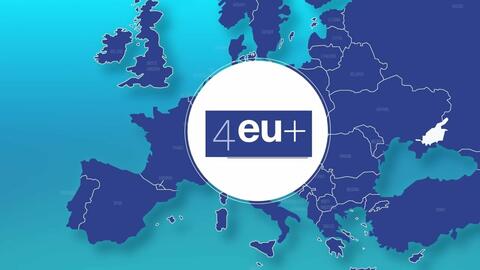
Open for you! A series of webinars to discover open science
The movement for open science is transforming the academic world. In response, our training program meets the growing demand for transparency, reproducibility, and collaboration by exploring a broad range of practices, such as open peer review, FAIR and open data, open software, and citizen science. In 2025, we invite you to explore the basics of open science in our introductory webinar followed by four specialised workshops between February and July.
Please register only to the session that suits you best:
Monday 3rd of March, 2:00-4:00 PM
Register here
Tuesday 22nd of April, 2:00-4:00 PM
Register here
Each session will be conducted via Zoom.
Description: This workshop invites participants to explore key issues in open access publishing, including the APC-based funding model and its consequences, challenges related to costs and copyright, and the rise of diamond open access. Participants will also be introduced to practical tools for researching publishers and journals.
Please register only to the session that suits you best:
Wednesday 9th of April, 2:00-4:00 PM
Register here
Wednesday 21st of May, 10:00-12:00 AM
Register here
Each session will be conducted via Zoom.
Description: This workshop explores the issues surrounding bibliometrics—the quantitative analysis of research outputs—and critically examines its often problematic use in assessment. It also delves into the evolving landscape of research evaluation, focusing on the emergence of the OpenAlex database as a tool to promote greater transparency and fairness in academic assessment.
Please register only to the session that suits you best:
Tuesday 13th of May, 2:00-4:00 PM
Register here
Tuesday 24th of June, 2:00-4:00 PM
Register here
Each session will be conducted via Zoom.
Description: This workshop provides participants with a comprehensive overview of data management plans (DMPs), focusing on their importance in research projects. Participants will learn how to create effective DMPs, covering key components such as data collection, storage, sharing, and long-term preservation. The session will also explore best practices for ensuring data security, privacy, and compliance with ethical and legal standards.
